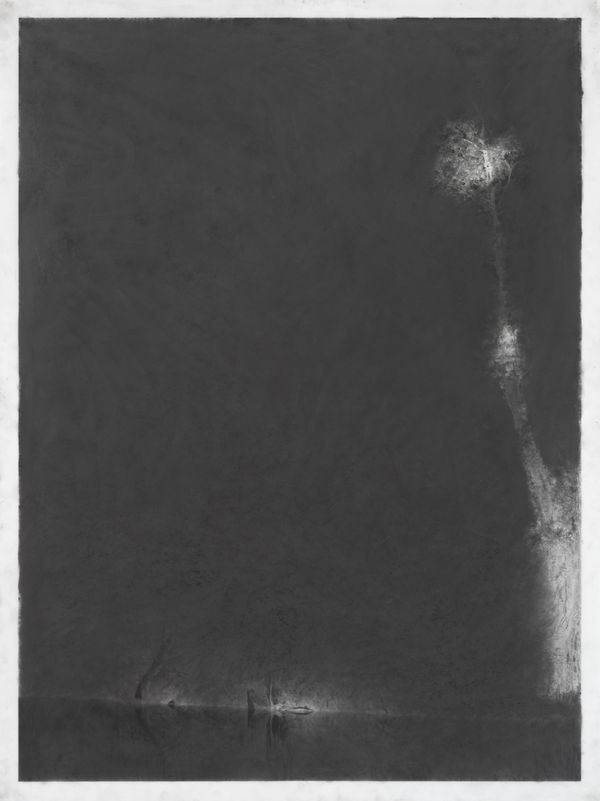Clifford Ross is dedicated to nature and the emotive power of abstract painting.
Starting his career with a one-person show of abstract paintings in 1976 at the age of 26, in 1994 he pivoted to photography and became known for his black & white photographs of Hurricane waves. In 2002 he invented and patented his revolutionary R1 camera to photograph Mount Sopris in Colorado, which allowed him to produce some of the highest resolution large-scale landscape photographs in the world.
Even while dedicated to the natural world, he produced entirely abstract photographs. Celebrating his dual practice, critic and philosopher Arthur Danto titled a 2005 essay on Ross, Hegel in the Hamptons. Ross's pursuit of abstraction carries forward the modernist impulse started by American artists of the early 20th century including Arthur Dove, Marsden Hartley and John Marin, as well as the pioneering work of Abstract Expressionists such as Barnett Newman, Mark Rothko, and Jackson Pollock, all of whom Ross cites as influences and inspirations.
In 2013, Ross returned to painting as a part of his artistic practice. Today, Ross works across painting, photography, and immersive video to create work that captures and conveys the sublime in nature. Dedicated to innovating and expanding creative possibilities across various media, Ross has developed new techniques his entire career.
Ross’ works have been exhibited globally, and are in the collections of numerous institutions, including the Museum of Modern Art, the Metropolitan Museum of Art, the Philadelphia Museum of Art, the National Gallery of Art, the J. Paul Getty Museum, and the Museum of Fine Arts, Houston.




















